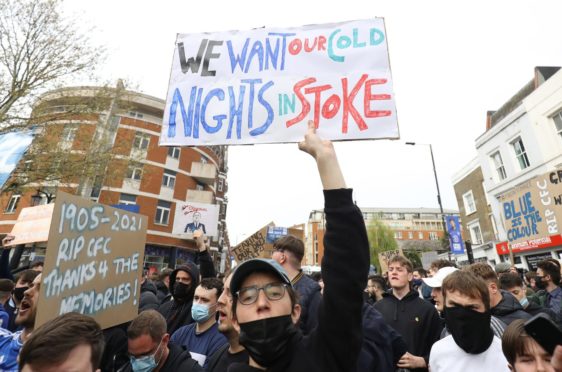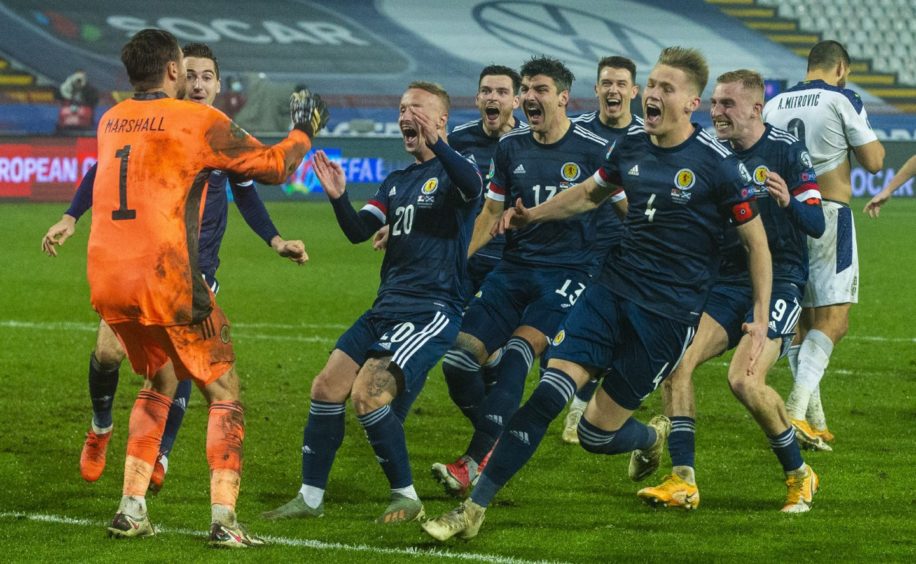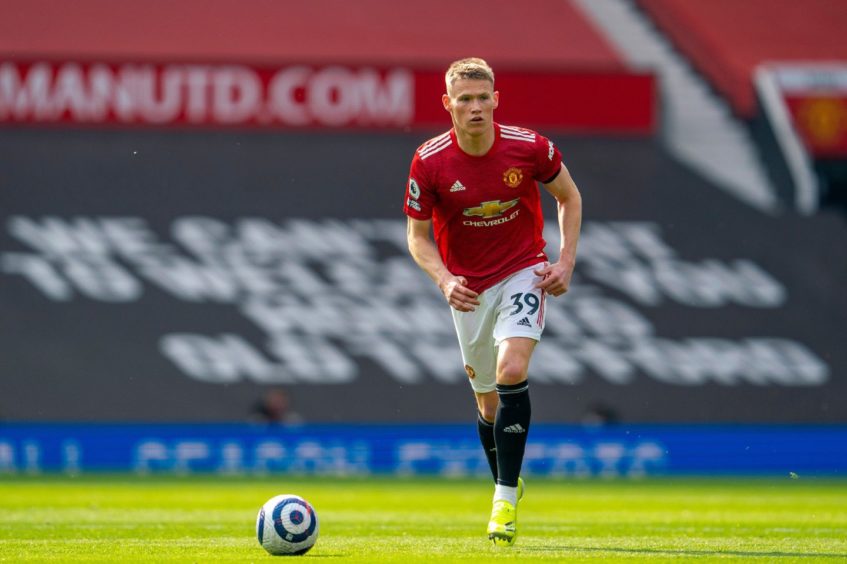Should Scottish football embrace the German model of ownership where fans own 50+1% of their clubs?
In the wake of the aborted Super League breakaway it’s apparently now on the Westminster government’s agenda for English football.
There’s also been talk by the Scottish Government of a “Fans Bank” to help supporters take control of their clubs in certain situations.
The German model attempts to ensure democratic and local control and it’s interesting that none of their big clubs were involved in the rebellion.
#FCBayern says no to the Super League.
— 🏆🏆🏆FC Bayern English🏆🏆🏆 (@FCBayernEN) April 20, 2021
In Scotland, Motherwell is already fan owned and Hearts are almost there, but the model in vogue at our big clubs still tends to be private ownership by wealthy individuals.
I think a serious fan ownership debate is now an argument worth having after the events of last week, particularly since supporters finally found that their voices still have strong currency if raised loudly enough.
I wondered as the English game threatened to implode how, if at all, a successful breakaway might have impacted on Scottish football?
If the self-styled elite had left to form their own set up there would presumably still have been European competitions open to everyone else under the UEFA banner.
Players who represent Scotland in international football may have been in trouble but our domestic game would have continued normally.
In the English game, revenues might’ve been affected with fans preferring to pay for the “glamour club” games on television, but that’s speculation and unknowable.
The breakaway was always about money, but then football since it’s inception always has been; it’s naive to think in the days when it was a route out of poverty for working class men that it was any different.
The battle last week was simply about degrees of greed, not ragged trousered philanthropists against heartless capitalists.
The clubs who originally profited at the expense of their fellow members in England when they set up the Premier League and took the Sky TV millions in 1992 have now had a taste of that exclusion and didn’t like it.
The Champions league itself, which replaced the old European Cup, is all about catering to the giant clubs and UEFA were simply fighting to preserve their own privileged and wealthy empire.
Cash has always driven football and players always earned more than the average Joe in their short careers.
When my uncle was at Leeds in the reserves in the fifties there were tales of the great John Charles and other top players in the English game receiving an extra bundle of notes stuffed in their boots to circumvent the maximum weekly wage of £20.
Admittedly, the difference between a player, even at the top level, and working folk back then wasn’t anything like as astronomical as it is today, with the average English Premier League salary of around £3,000,000 a year
But spare me the guff that the fight has somehow now been won for the soul of the game.
Top flight football made a pact with the devil 30 years ago – and he’s likely to continue extracting his pound of flesh by the forkful.





